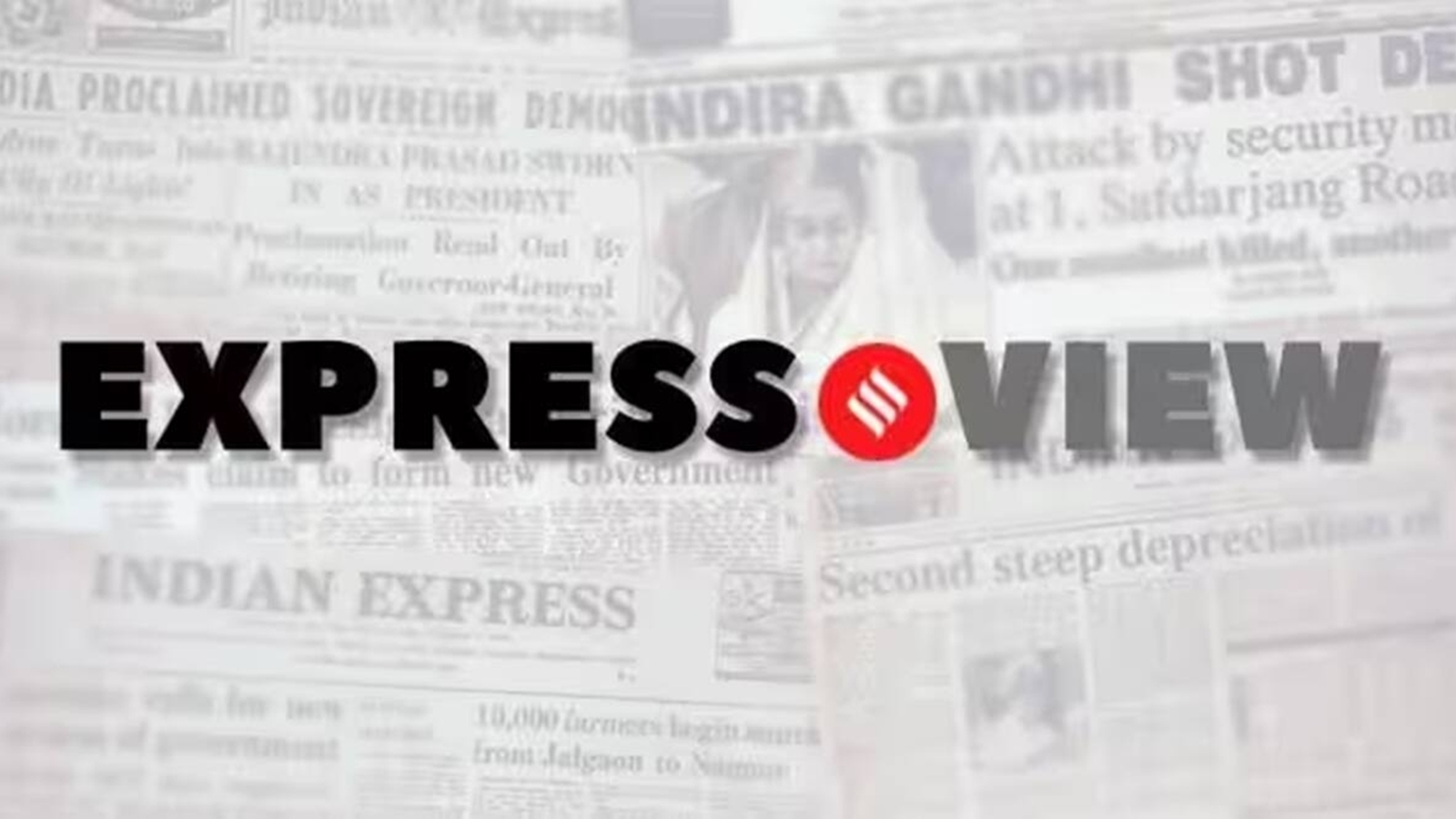The growing convergence of the Indian and American perspectives on the Middle East is among the main signals from the fifth iteration of the “two plus two” meeting last week in Delhi. The defence and foreign ministers of the two countries were unambiguous in condemning Hamas terror, emphasising Israel’s right to self-defence while observing the international laws of war, calling for pauses in Israel’s military operations, demanding the release of hostages held by Hamas, promising more humanitarian assistance to Gaza, and pressing for a durable peace in Palestine. The affirmation that Delhi and Washington “stand with Israel against terrorism” underlines how close the two sides have come in the Middle East. Delhi has condemned Hamas’s terrorism while reaffirming its strong commitment to Palestinian statehood. The nuance in New Delhi’s approach to the region is clear from two recent votes in the UN: While India abstained two weeks ago from the resolution calling for an end to hostilities because it did not mention Hamas’s use of terror, it voted on November 9 in favour of a resolution that condemned Israeli settlement activities in Palestinian areas.
The two plus two meeting has, over the last few years, become the principal vehicle to review and advance the India-US strategic partnership. Together, the foreign and defence ministers –nudged by Prime Minister Narendra Modi in Delhi and Presidents Donald Trump and Joe Biden in Washington — have deepened the intensity of engagement on defence industrial collaboration, technology transfer, counter-terrorism, and regional security. Cooperation on Asian security issues is a new element in the engagement between the two nations.
Also ReadSmall-town investments drive the marketDubai climate conference has its task cut outSeeing through Euclid’s eye: The origins of the universeTo curb farm fires: Short-duration rice variety, polluter-pays principle
Since Independence, Delhi and Washington have been at political odds in Asia. This has begun to change in the last few years, as China’s assertiveness challenged the US in Asia, and threatened India’s Himalayan frontiers and its primacy in the South Asian waters. This led to the Indian government embracing the Indo-Pacific geopolitical construct articulated by the US and reviving the Quadrilateral security forum that brings Delhi and Washington together with Australia and Japan. As India and the US embarked on a cooperative strategy to address the China challenge, conventional wisdom in Delhi insisted that though the two might be on the same side to the east of the Subcontinent, they will remain far apart to the west of the Subcontinent. That proposition was quickly overturned as India and the US joined hands with Israel and the UAE to form the I2U2 grouping. At the G-20 summit in September, India, along with the US and Saudi Arabia, unveiled the ambition to build an economic corridor between the Subcontinent and Europe. Its decisions on the conflict in the Middle East have affirmed that Delhi no longer sees the region through the Pakistan lens and has begun to appreciate its enormous stakes in the region. The deepening partnership with the US will reinforce India’s potential to promote peace and prosperity in the Middle East.
© The Indian Express Pvt Ltd


